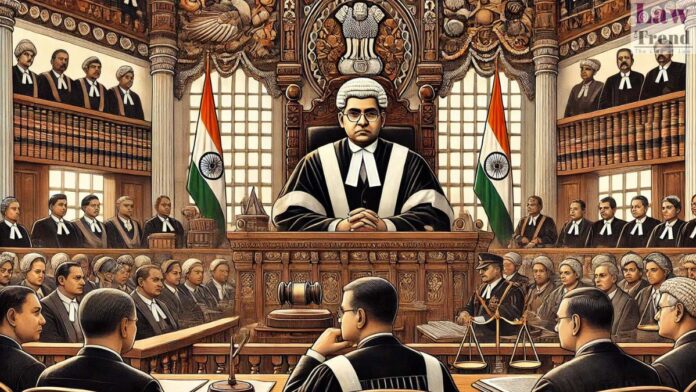In an extraordinary move, a National Company Law Appellate Tribunal (NCLAT) judge in Chennai recused himself from a corporate insolvency appeal after disclosing and recording a personal message from his brother requesting leniency in the matter. The judge’s decision underscores the judiciary’s commitment to impartiality and ethical conduct. The Recorded Message Justice Sharad Kumar Sharma,




